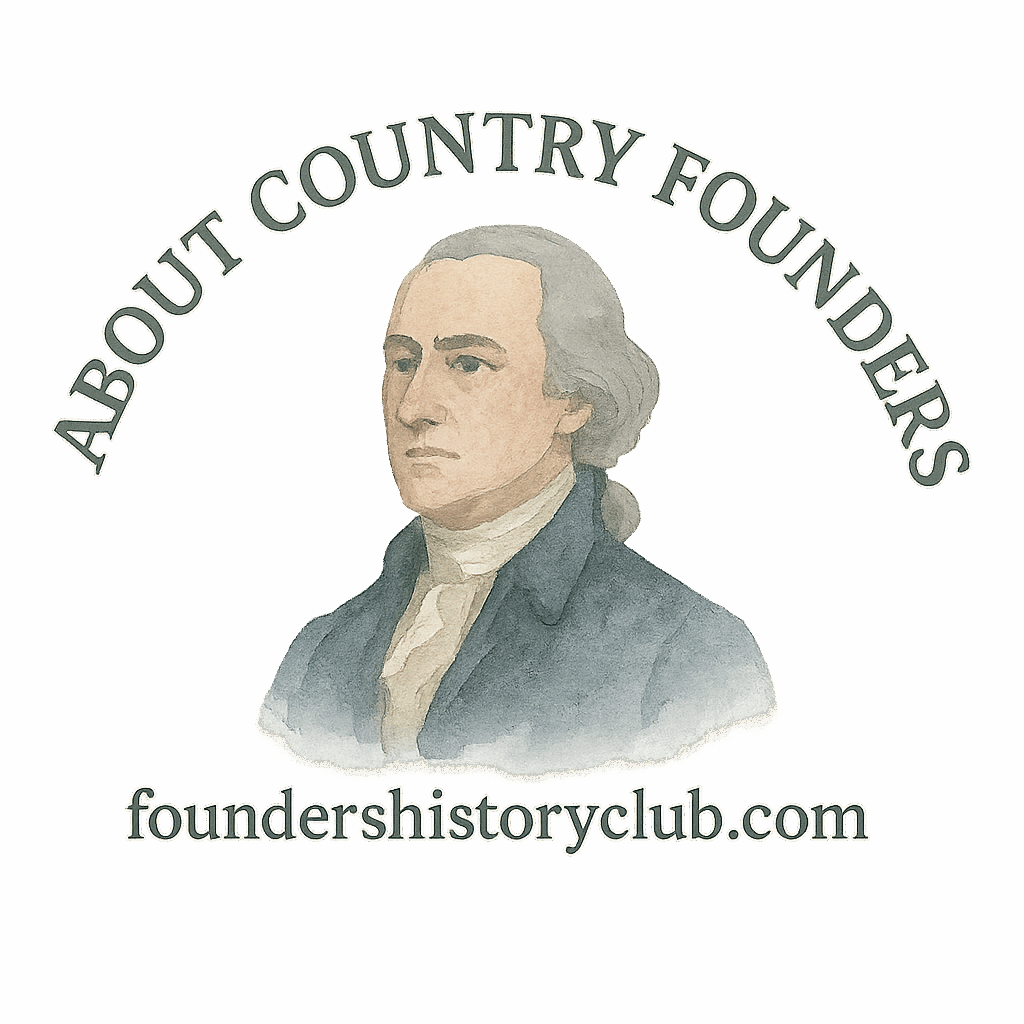Introduction
Not every nation rose to prominence by following the West. In fact, some of the world’s most iconic founders built their legacies by pushing back—hard—against Western ideas, governance, and control. These bold individuals didn’t just shape their countries; they shook the global order. In this post, we’ll explore five founders who stood their ground, rejected Western influence, and carved out independent paths.
Want to dive deeper into the minds of great leaders? Visit Founders History Club to explore how founders have shaped the world across different continents, ideologies, and eras.
1. Mustafa Kemal Atatürk – A Complex Reformer
Embracing Modernity, But On His Own Terms
Atatürk is often seen as a reformer who brought Western values to Turkey. But that’s only part of the story. Yes, he introduced secularism, changed the alphabet, and modernized education—but his primary goal wasn’t to mimic the West. It was to make Turkey strong and self-reliant, free from imperial meddling.
Defying the Western Colonial Narrative
After the fall of the Ottoman Empire, European powers wanted to chop up Anatolia. Atatürk didn’t just resist; he led a war of independence that ended with the creation of a sovereign, secular Turkish republic.
Related Insight: Governance
2. Ho Chi Minh – The Reluctant Communist Revolutionary
Education in France, Heart in Vietnam
Ironically, Ho Chi Minh was educated in France, the very country he would later fight to free his people from. His exposure to socialism there lit a fire, but it wasn’t blind obedience to Marxist ideology—it was a tool to resist Western domination.
A New Identity, Free of Colonial Shackles
Ho’s leadership was deeply rooted in Vietnamese nationalism. The West saw him as a puppet of communism, but his true aim was freedom from foreign influence, especially the French and later the Americans.
Related Insight: Independence Leaders
3. Emperor Menelik II – The African Lion Who Said “No”
Crushing the Italian Invasion
When Italy tried to colonize Ethiopia, Menelik II didn’t just resist—he obliterated their forces at the Battle of Adwa in 1896. It was one of the few times an African nation defeated a European power on the battlefield.
A Vision for a Sovereign Ethiopia
Menelik modernized Ethiopia—not by copying Europe, but by adapting what suited Ethiopia’s needs. His vision was clear: progress, yes—but not at the cost of independence.
Related Insight: Founders by Continent

4. Mahatma Gandhi – The Voice of Swaraj
A Spiritual and Political Rejection of the West
Gandhi wasn’t anti-Western in a simplistic way. He respected the values of liberty and justice but believed they were being hypocritically applied by British colonizers. His concept of Swaraj—self-rule—was as much a rejection of Western materialism as it was a call for Indian independence.
Turning the British System Against Itself
By using nonviolence and civil disobedience, Gandhi turned the tools of Western democracy against the British Empire. That’s what made his rejection so powerful—it was principled, peaceful, and deeply rooted in Indian tradition.
Related Insight: Independence
5. Fidel Castro – Cold War Icon and Anti-Western Symbol
The Long Fight Against Imperialism
Castro’s rise wasn’t just about communism—it was about nationalism and pride. He viewed the U.S. as a symbol of neocolonialism and spent decades resisting its influence through fiery speeches, policies, and military alliances.
Economic and Cultural Isolation
Even when Cuba suffered economically due to Western sanctions, Castro stood firm. He wanted a Cuba that danced to its own rhythm—not one that echoed American tunes.
Related Insight: Revolution
The Bigger Picture: What It Means to Reject Western Influence
Cultural Memory and National Identity
When founders reject Western influence, they aren’t just saying “no.” They’re building something entirely different—systems, cultures, and values based on local traditions. That leaves a lasting imprint on national identity and collective memory.
Related Insight: Cultural Memory
Global Inspiration or Nationalistic Reaction?
Some see these rejections as nationalistic knee-jerk reactions. Others see them as inspirational acts of defiance. Either way, they change the world. And they keep the story of resistance alive for new generations.
Related Insight: Global Inspiration
Conclusion
Rejecting Western influence isn’t about isolation—it’s about independence, dignity, and control. These five founders reshaped their countries not by becoming like the West, but by becoming more like themselves. Their stories remind us that true leadership sometimes means swimming against the current.
Curious about more such revolutionary stories? Explore categories like Comparative, Education Legacy, and Founders by Era to dive deeper.
FAQs
1. Why did these founders reject Western influence?
Because they believed that Western powers imposed control, distorted native cultures, and hindered true independence.
2. Was rejecting the West always beneficial?
Not always economically, but it often helped preserve cultural identity and political sovereignty.
3. Did any of these leaders embrace some Western ideas?
Yes. Many selectively adopted technologies or political models while rejecting dominance and cultural imperialism.
4. How is cultural memory shaped by these rejections?
It fosters pride in self-determination and often forms the foundation of national identity.
5. Are there modern examples of this mindset?
Yes—countries like Iran, North Korea, and even some African nations adopt policies rooted in rejecting Western influence.
6. Where can I learn more about founders across history?
Check out Founders History Club and explore tags like Early History, Founders Influence, and Legacy.
7. How can I explore the legacy of founders by theme or region?
Visit Founders by Continent or Tag: Founders to explore by geography and influence.


